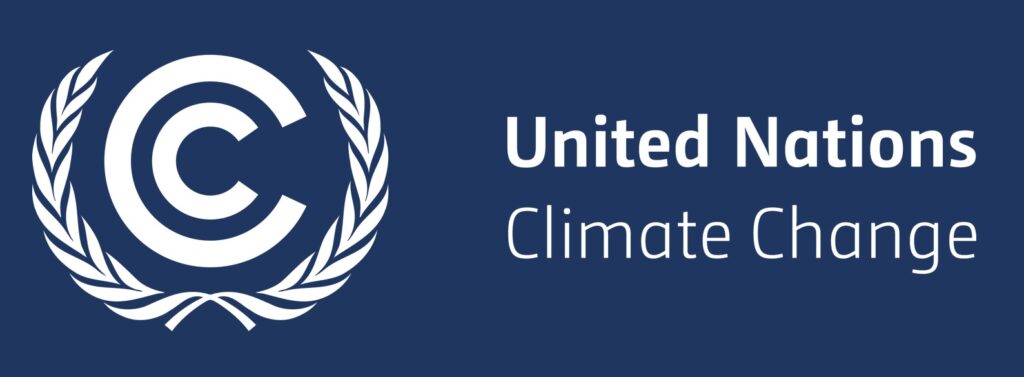Climate change stands as one of the most critical challenges humanity faces today, exerting profound impacts on the planet and its inhabitants. Recognizing the immediate necessity for united action, the United Nations (UN) has assumed a pivotal role in tackling climate change through a variety of initiatives and agreements. This article delves into the UN’s crucial actions against climate change and its commitment to fostering global sustainable development.
At the forefront of the global battle against climate change, the United Nations employs various initiatives, including the Paris Agreement, Sustainable Development Goals, the Green Climate Fund, and annual COP meetings. These endeavors play a vital role in orchestrating international cooperation and nurturing a shared dedication to constructing a sustainable future.
A milestone in the worldwide pursuit of climate action is the Paris Agreement, adopted in 2015 during the 21st UN Climate Change Conference (COP21). This agreement unites nations globally, striving collectively to restrict global warming to well below 2 degrees Celsius above pre-industrial levels, with an ambitious target of limiting it to 1.5 degrees Celsius.
Termed as the world’s fastest-growing solid waste stream, e-waste has surged from 20 million to 50 million tonnes per year since 2000. A recent report from the United Nations University-hosted Solving the E-waste Problem Initiative, published in collaboration with UN Environment, outlines potential future scenarios for e-waste. According to a baseline projection, e-waste could more than double by 2050, reaching approximately 111 million tonnes annually.
Despite advancements, the challenges posed by climate change necessitate continuous and intensified efforts from the global community. As the world grapples with the repercussions of a shifting climate, the United Nations remains a beacon of hope, urging nations to collaborate for the well-being of the planet and future generations.
Darrin Farrant, Director of the UN Information Centre, discusses the organization’s initiatives on climate change and e-waste in an interaction with The Interview World. Here are the key excerpts from the conversation.
Q: How does the United Nations contribute to global awareness and action on the e-waste movement through its initiatives?
A: The United Nations has been spearheading a collaborative initiative for quite some time, aiming to empower young individuals to actively address the challenges posed by climate change. This initiative extends its focus beyond specific issues such as e-waste, encompassing a diverse array of environmental concerns. The platform serves as a nexus, bringing together young minds globally through forums and meetings. Here, they can share insights, exchange best practices, and absorb valuable lessons. Importantly, these gatherings empower them to exert influence on their leaders and legislators, compelling them to take decisive actions and institute changes that contribute to the creation of a cleaner and greener planet.
Q: What are the responses received from the respective countries?
A: We’ve been receiving a growingly positive response, mainly because individuals are becoming increasingly aware of the substantial issue that e-waste poses. Each passing year contributes to the expansion of the e-waste mountain. Consequently, there is a heightened awareness that demands immediate action. Waiting any longer is simply not an option, given the urgency of addressing this matter.
Q: How do you plan to implement policies that contribute to creating a more sustainable and improved world for future generations?
A: Certainly, the UN has its framework convention on climate change, serving as our comprehensive strategy to foster a more environmentally friendly, improved, and cleaner world. This initiative primarily focuses on long-term sustainability. In addition to this overarching plan, there are numerous specific environmental conventions and agreements targeting individual issues. These agreements address concerns such as oceans, plastics, and e-waste, aiming to address each problem individually and instigate positive transformations.
Q: What is your perspective on addressing the e-waste issue?
A: The escalating problem of electronic waste, commonly known as e-waste, is a pressing concern that demands our attention. Recent and reliable statistics reveal that each person contributes an alarming six kilograms of e-waste globally. This growing issue requires us to join forces and collaboratively devise solutions. Today, we gather to address the imperative task of collectively reducing the towering pile of e-waste around the world.



